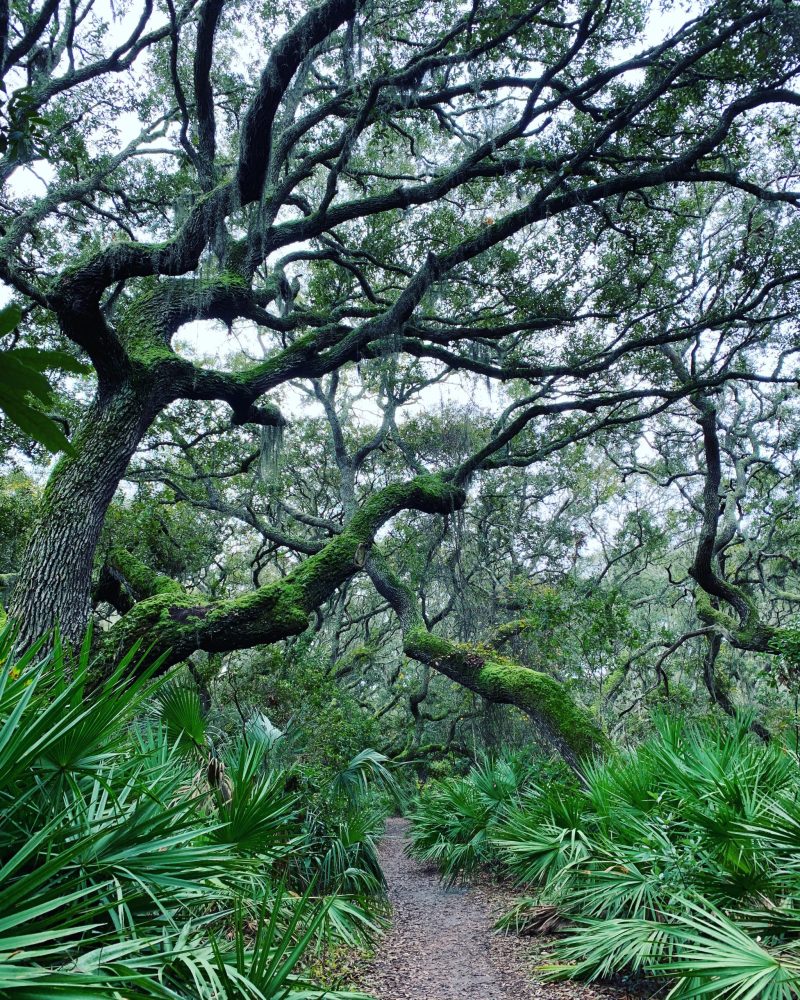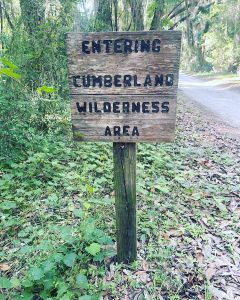
Wild Cumberland is dedicated to protecting the wilderness, native species and the ecology of Cumberland Island,Georgia. The state’s largest barrier island, Cumberland has 9,800 acres of congressionally-designated wilderness, including maritime forests, saltwater marshes and undeveloped beaches. Its untouched shores are a lifeline for threatened loggerhead and green sea turtles, rare leatherbacks, and imperiled shorebirds like the red knot and piping plover – species whose survival depends on preserving every inch of wild, undisturbed habitat. The island is also an important site to Timucua, Muscogee and Yamassee indigenous peoples. Despite its local and global significance, its wilderness remains in danger without a management plan. Increasing recreational and vehicular use, climate change, and dredging also have profound implications to its ecological functions. Now, the island is at risk of being altered forever as Camden County Commissioners discuss the possibility of rezoning 1,000 acres to allow for private redevelopment. The complex history of Cumberland Island requires public oversight and stewardship. Wild Cumberland’s purpose is to educate the public and hold decision-makers accountable.

Wild Cumberland fights to protect and expand the Cumberland Wilderness Area designation under the 1982 Cumberland Island Wilderness Act, aiming to preserve its natural integrity as Congress originally intended. Source: Jessica Howell-Edwards of Wild Cumberland
The volunteer-led grassroots group, founded in 2015, is guided by a board with decades of experience in biology, oceanography, geology, communications, and environmental activism. Among them is world-reknown scientist and author Carol Ruchdeschel, a Cumberland resident for nearly 50 years. Her groundbreaking research on sea turtles and relentless activism against development was instrumental in the establishment of the Cumberland Island Wilderness Area. Currently, the group is focused on multiple fronts: the welfare of 150 malnourished feral horses that damage nests and vegetation; proposed National Park Service land exchanges, risking private development; and climate-driven sea-level rise and storms threatening Cumberland Island’s fragile wilderness and endangered species habitats. Wild Cumberland’s efforts are all aimed at restoring the island to a true wilderness, and promoting sustainable access to the island as a reserve that helps visitors appreciate its ecological value.